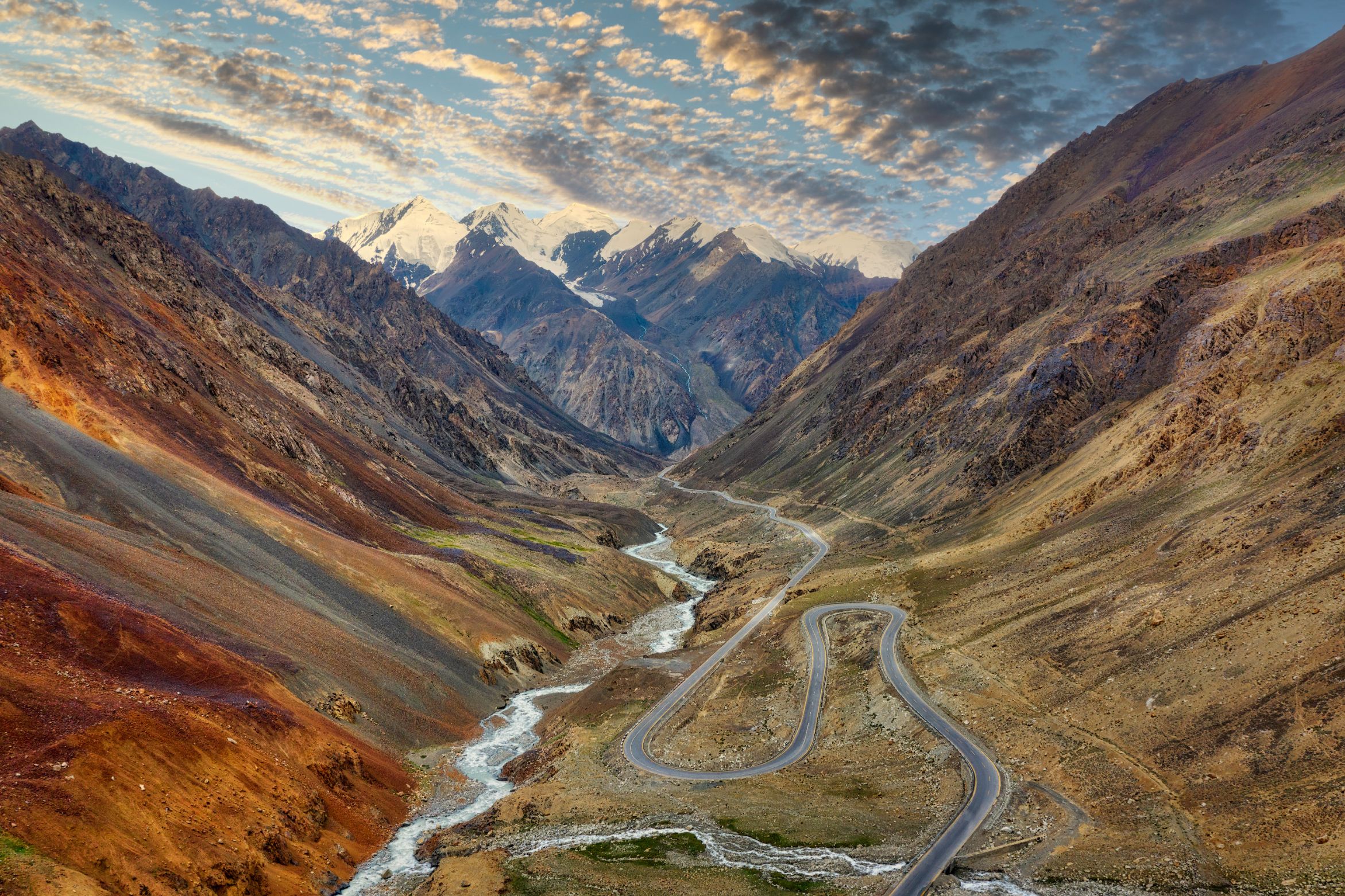The Karakoram Highway, stretching 1,300km from Hasan Abdal in Pakistan to Kashgar in China, is often dubbed the “Eighth Wonder of the World” for its astonishing landscapes and history. The highway was a former part of the Silk Road and was inaugurated for vehicles in 1978 after two decades of construction. It also serves as a connection to the Hunza Valley, a unique region in Pakistan known for its distinct culture, language, and traditions.
Key Points:
- The Karakoram Highway (KKH) cuts through remarkable rock faces and was once part of the ancient Silk Road.
- Constructed over nearly 20 years by 24,000 workers, the KKH now connects Hasan Abdal near Islamabad, Pakistan to Kashgar in China’s Xinjiang region.
- The Hunza Valley, located along the KKH, has been isolated for nearly a millennium and boasts its own languages, music, and culture distinct from mainstream Pakistani culture.
- The local Burusho language, Burushaski, remains a linguistic mystery and the region’s unique traditions are at risk due to modern influences, though efforts are being made to preserve them.
- Despite the region’s advancements and connection to the outside world, the Hunza Valley remains a testament to the importance of preserving local culture and traditions in the face of modernization.






